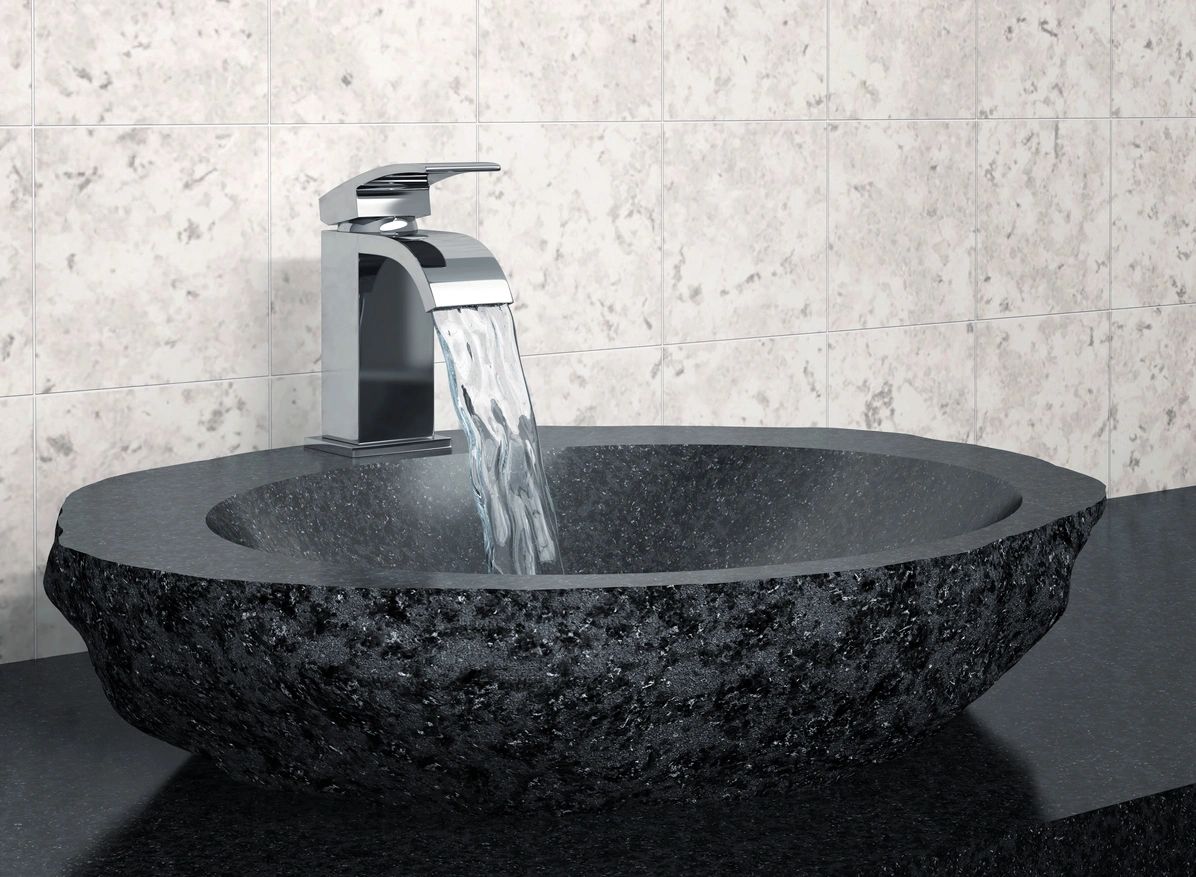I used to work for some folks who cringed at the word “negative consequences.” They worked only from the positive discipline side of things. Positive discipline works – sometimes. At other times, using only positive discipline sets us up to be butlers to our children (Maher…please ignore his last line). This means that our positive discipline systems tend to set up a type of payment system for good behavior. In other words, do a great job and you will get a reward of some kind. Hear me on this…
We want our children to learn to make the right decisions, because those are the right decisions. We want them to make those decisions when nobody is looking. We want them to make those decisions from a place where they respect themselves and others. Conversely, when they don’t make the right decisions, we want them to feel guilt. We don’t want oppressive guilt, but we want them to understand the significance of their mistake. We need to teach children to do the right things, and that decision by them must come from a place inside of them – intrinsically. We also want to teach children to learn to forgive when they are wronged (post for another day).
This post is written from the perspective of both a parent and an educator. I have touched upon this in previous posts. Sometimes, kids need to have negative consequences in order to learn the habit of good decision making). The CDC defines negative consequences:
In real life, we get negative consequences if we show up to work late, say something we don’t mean(or maybe we do mean it!), or if we break the law. Kids need to learn how to deal with negative consequences. We have enablers in our school systems who just don’t understand this. Those folks aren’t bad people. They just haven’t been taught any other way.
Now, I am not saying that children should not be complimented. Honey attracts more bees than vinegar! It is our job to know our students. Some students come from families where they are never complimented – and I mean never. We must not become part of that cycle.
Balance is the key. Compliments for good decision making are an important part of the equation. What I want to “add to the conversation” with this post is that we cannot be afraid to take things away, delay a privilege, or give a student time to think about things alone. That would happen in real life.
Just diving a bit deeper. I think that we are often coddling poor behaving students in school. Meanwhile we are running a parallel system of discipline where our good behaving students are being held accountable (for things that our students with chronic behavior problems are not). Why? Nobody wants to deal with a student who is going to “lose it” if they lose a privilege for bad choices. So, we go easier on them. Students who already know how to behave, meanwhile, are willing accept fair discipline and consequently correct there behavior. It is kind of like the police department which pulls people over only on Sunday mornings, but won’t pull over the drug dealer’s car. One of those scenarios is a lot easier, but it really doesn’t make our community safer.
The outcome of this is a two tiered behavior system. I have seen students who are well behaved go multiple school years without being recognized for making great choices. In some cases, some of our best behaved students will go all of elementary school without genuine recognition. Meanwhile, I have seen a student who finally has one good day…be recognized on the intercom the next day. Folks, I cannot stress this enough. That doesn’t work. On so many levels that does not work.
All of those kids who have been quietly doing the right thing for years say, “Why am I doing this if all it takes is one good day after weeks of bad choices?” Guess what happens next? If there isn’t value of consistently making good decisions, then many students will quite valuing consistency. And what comes next is simply a disaster. I have seen it. Principals who fail to fairly implement student management systems will lose control of their schools within months.
It takes courage to challenge a student(who consistently makes bad choices) to learn to make good choices. But I want you to ask yourself this question, “What happens if I don’t teach them to make good decisions?” Well, I can tell that I have seen the answer to that. Students who don’t learn to make good choices usually don’t miraculously learn to make good choices. A lot of those kids end up in the court system. They have a tough time finishing either high school or college. They struggle as parents. They struggle to maintain core friendships. Why? They don’t recognize or observe boundaries. When they actually do see those boundaries, some feel those boundaries are ok to cross on occasion. Nope, that doesn’t work. We are part of destructive processes in their lives if they don’t learn to follow rules and boundaries set by others.
Kind of wrapping up this discussion, we must teach students that negative consequences exist. They must experience them. They must also experience the good feeling of being complimented for making good decisions. They must also experience not being recognized for doing the right thing. And we must make sure that our discipline systems apply fairness equally to all. We must not be afraid to discipline children, and that means not being their best friend. Whether you are a parent reading this or a teacher/admin, we are meant to be guides. Sometimes teaching a child to do the right thing requires us to be tough on them. It ain’t fun, but if we do it out of love…we can help them grow-up to be adults who respect the law, are good parents, are dependable employees, respect themselves/others, and who can build/maintain a society which values order and not chaos. Ultimately we want students to develop great habits when they are in our schools.
Our kids are crippled with anxiety, because they haven’t been properly prepared for a world which doesn’t revolve around them. ~ Bill Maher
Pro Tip: Being good with student management(student discipline for those not in the education profession) almost always begins with mutual respect between students and teachers. However, it also means that students need to recognize teachers as the authority figure. If students don’t learn to see parents or teachers as authority figures, they will often struggle as adults to respect rules and authority.
I was once talking with a colleague who called me on the carpet for not being strong enough with student discipline with a student who came from poverty. This person told me, “Rob, we don’t want our kids going up to that school and misbehaving. Don’t feel sorry for us, because we are poor. We have the same expectations for our children that you do. Don’t be afraid to make them behave.” I agreed.
And yes, you are always going to have a few parents who just don’t want any type of student discipline applied to their students. I have no good answer other than to maintain a system of fairness regardless. Now, if you aren’t being fair in how discipline is being handed out…you are open for warranted criticism. Fairness is the key. If you are fair, your students and families will respect you. If you do that year after year, they will respect you before you ever meet them.
Discover more from Rob's Innovation in Education Blog
Subscribe to get the latest posts sent to your email.




